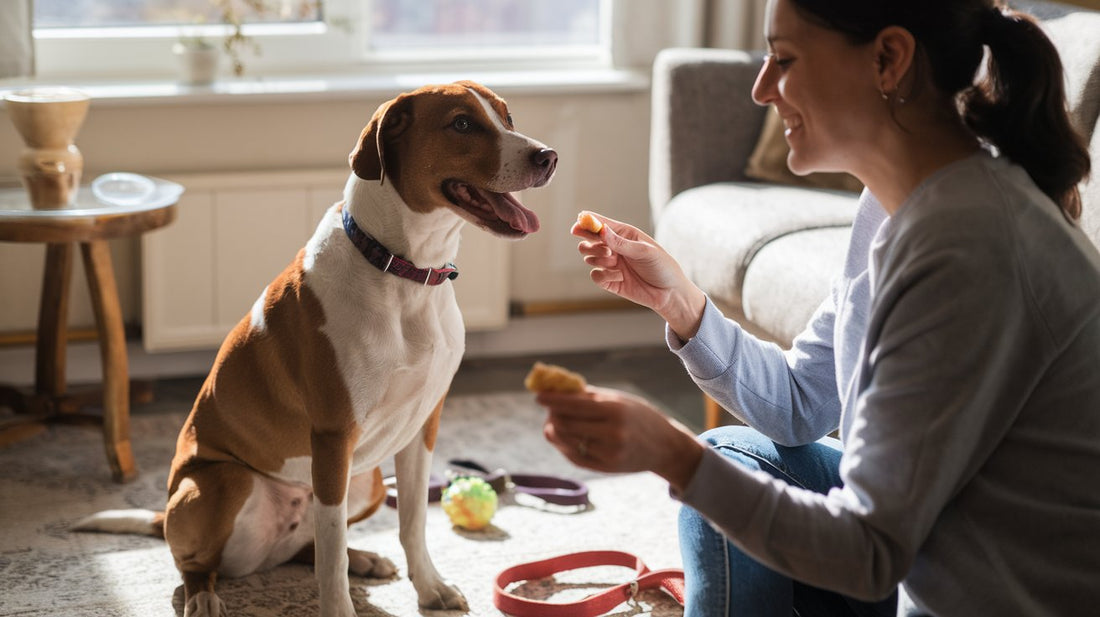Training your dog is a rewarding journey that lays the foundation for a well-behaved and happy companion. Whether you’re dealing with dog aggression or aiming to enhance your pup’s social skills, starting with effective training techniques can make all the difference. In this guide, we’ll explore essential dog training Sacramento CA tips for beginners, including dog aggression training, private dog training, dog socializing training, and service dog training. Let’s dive in and set you on the path to success with your furry friend!
Why Start Training Your Dog?
Building a Strong Foundation: The Importance of Early Training
Training your dog isn’t just about teaching commands; it’s about building a strong, positive relationship and ensuring your pet’s well-being. Here’s why starting early is crucial:
• Prevents Behavioral Issues: Early training helps prevent common behavioral problems like aggression, anxiety, and excessive barking.
• Strengthens Bond: Training fosters a deeper connection between you and your dog through consistent communication and positive reinforcement.
Essential Tips for Effective Dog Training
1. Start with the Basics: Establishing Clear Commands
Begin your training journey with fundamental commands that form the basis of good behavior. Here’s how:
• Choose Simple Commands: Start with basic commands like “sit,” “stay,” and “come.” These are essential for building a responsive and obedient dog.
• Use Consistent Commands: Consistency is key. Use the same word and tone for each command to avoid confusing your dog.
2. Focus on Dog Aggression Training: Addressing Behavioral Concerns
If your dog exhibits aggressive behavior, it’s essential to address it promptly and effectively. Here’s what you can do:
• Identify Triggers: Observe what triggers your dog’s aggression—whether it’s other dogs, people, or specific situations.
• Seek Professional Help: For severe cases, consider consulting a professional for dog aggression training. They can provide tailored strategies to manage and modify aggressive behavior.
3. Embrace Private Dog Training: Personalized Attention
Private dog training offers the advantage of one-on-one attention, allowing for a customized approach to your dog’s unique needs. Here’s why it might be the right choice:
• Tailored Training Plans: Private sessions allow trainers to create a training plan specific to your dog’s personality and behavior.
• Focused Attention: Your dog receives undivided attention, which can be particularly beneficial for addressing complex issues or achieving specific goals.
4. Prioritize Dog Socializing Training: Building Confidence
Socialization is vital for a well-adjusted dog. Effective dog socializing training helps your pup interact positively with other dogs and people. Consider these tips:
• Gradual Exposure: Introduce your dog to new environments, people, and other dogs gradually to build their confidence.
• Positive Reinforcement: Reward your dog with treats and praise when they exhibit calm and friendly behavior during social interactions.
5. Explore Service Dog Training: Enhancing Functionality
Service dog training is specialized and aims to equip dogs with the skills needed to assist individuals with disabilities. If you’re considering service dog training, here’s what to know:
• Specific Tasks: Service dogs are trained to perform specific tasks, such as guiding the visually impaired or providing emotional support.
• Professional Assistance: Enroll in a service dog training program with experienced trainers to ensure your dog meets the necessary standards and performs their tasks reliably.
Tips for Successful Training
**1. Consistency is Key: Reinforce Positive Behavior
Consistency in training ensures that your dog learns and retains commands effectively. Here’s how to maintain consistency:
• Stick to a Routine: Train your dog at the same time each day to build a routine.
• Uniform Commands: Use the same commands and cues to avoid confusing your dog.
**2. Patience and Persistence: The Path to Progress
Training requires patience and persistence. Dogs learn at their own pace, so keep the following in mind:
• Celebrate Small Wins: Acknowledge and reward even small improvements in your dog’s behavior.
• Stay Positive: Maintain a positive attitude and avoid frustration. Training should be a fun and rewarding experience for both you and your dog.
**3. Utilize Positive Reinforcement: Reward Good Behavior
Positive reinforcement is a powerful tool in dog training. Here’s how to effectively use rewards:
• Immediate Rewards: Give treats, praise, or playtime immediately after your dog performs the desired behavior.
• Varied Rewards: Use a mix of treats, toys, and praise to keep your dog motivated and engaged.
Conclusion
Effective dog training is essential for raising a well-behaved and happy pet. Whether you’re addressing dog aggression, seeking private dog training, focusing on socializing, or considering service dog training Sacramento CA, the right approach can make a significant difference. By starting with the basics, staying consistent, and utilizing positive reinforcement, you’re setting the stage for a strong, positive relationship with your furry friend.
Investing time and effort into dog training not only enhances your dog’s behavior but also enriches your bond and ensures a harmonious living environment. Remember, training is a journey, and with the right strategies and patience, you can achieve great results and enjoy a well-behaved, happy companion.



